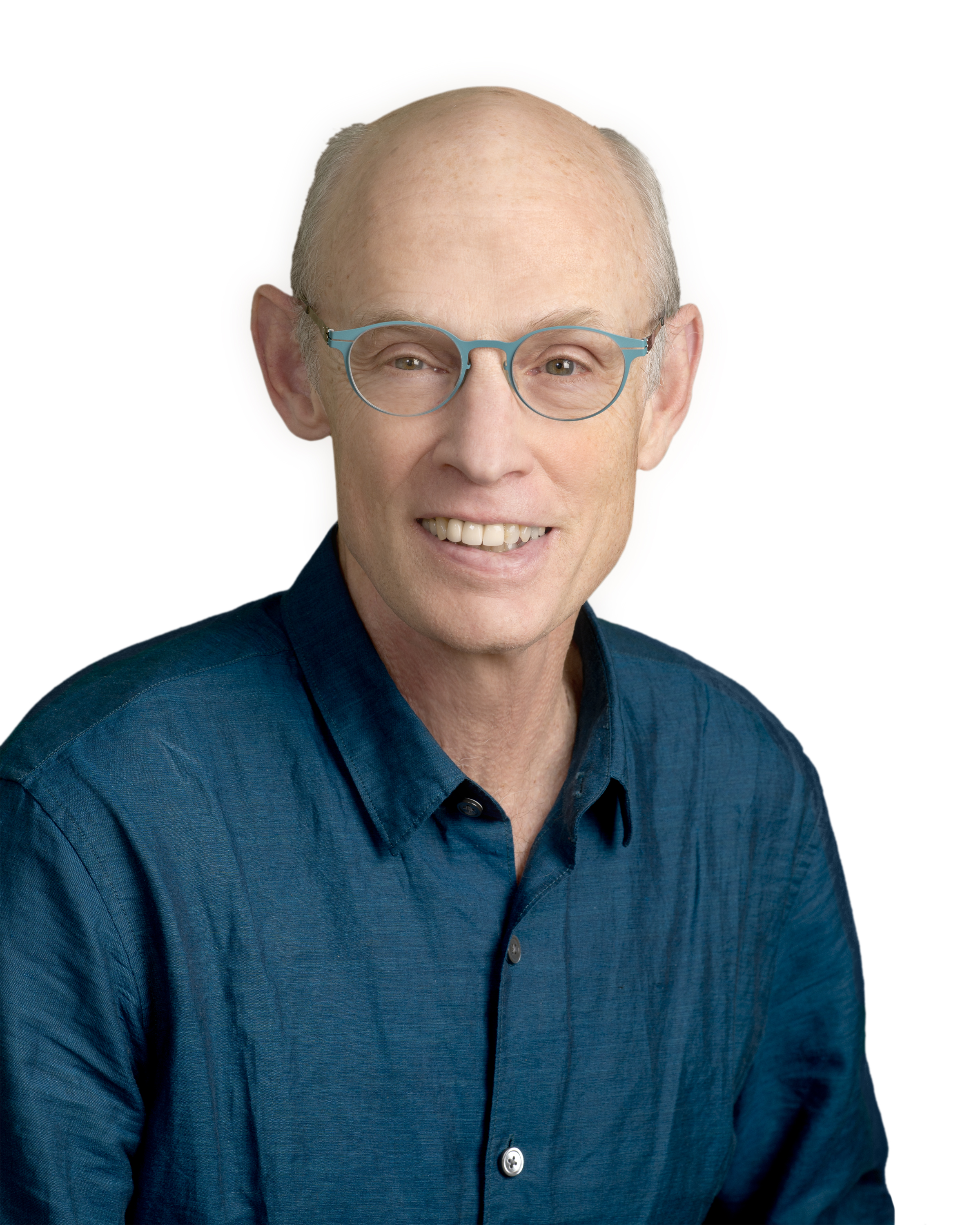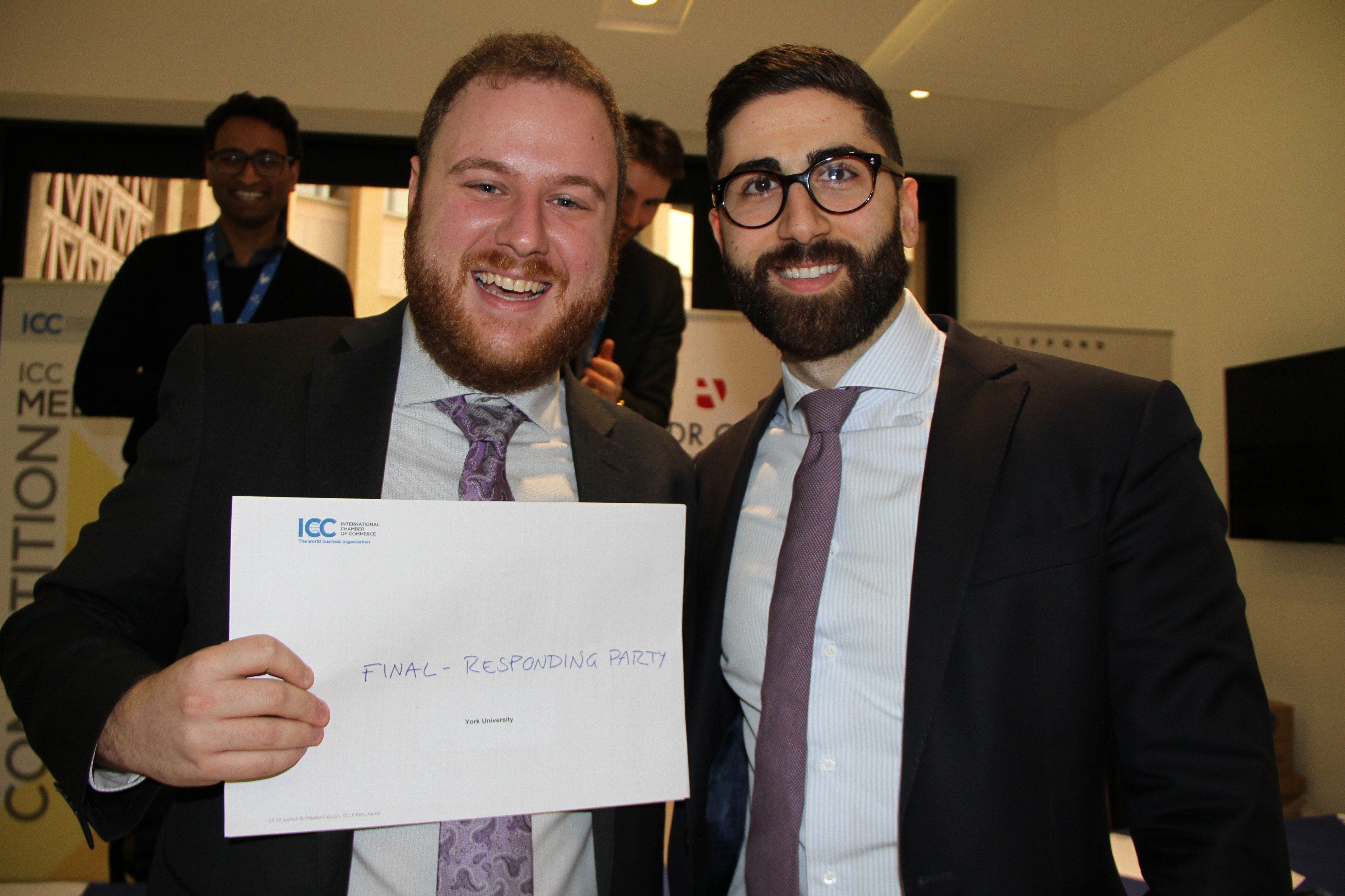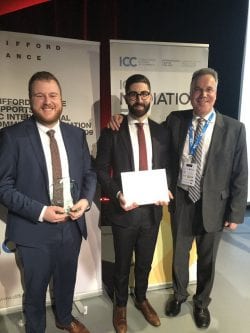Steven Hoffman, director of the Global Strategy Lab and professor of global health, law and political science at York University, will chair a newly launched network that focuses on social science research and policy on antimicrobial resistance (AMR).

The International Network for AMR Social Science (INAMRSS) is an open consortium of international academic centres originally created to co-ordinate academic input from social scientists for the Global AMR R&D Hub.
INAMRSS functions as a network of networks, fostering international research collaboration by tying together research leaders from diverse regional, national and international AMR research centres. The members of INAMRSS have substantial impact on global AMR research and policy-making, with many of the centre leaders serving as advisors to their national governments and international organizations.
“Antimicrobial resistance is fundamentally a social challenge, which means social scientists will be essential in crafting enduring solutions,” said Hoffman. “The INAMRSS network was created to bring together the world’s leading research groups that are focused on the social aspects of antimicrobial resistance. Our goal is to both articulate the value that social science has to bring to the table and to co-ordinate our research activities so that we can collectively achieve greater impacts.”
Each member has a compelling story of research work underway to address AMR, which can inform the global response to AMR.
INAMRSS is led by Hoffman (global Chair), Professor Timo Minssen (European lead) and Professor Kevin Outterson (North American lead).
INAMRSS’s founding research centres include:
- AMR Centre, LSHTM, U.K. (Professor Clare Chandler, director);
- AMR Research Group, WHO Collaborating Center, Geneva University Hospitals, Switzerland (Professor Stephan Harbarth, director);
- Antibiotic Action Center, George Washington University, U.S. (Professor Lance Price, director);
- Center for Advanced Studies in Biomedical Innovation Law (CEBIL), University of Copenhagen, Denmark (Professor Timo Minssen, director);
- Center for Disease Dynamics, Economics & Policy (CDDEP), India & Princeton, U.S. (Professor Ramanan Laxminarayan, director);
- Center for Infectious Disease Research & Policy, University of Minnesota, U.S. (Professor Michael T. Osterholm, director);
- Centre for Law, Medicine and Life Sciences, University of Cambridge, U.K. (Dr. Kathy Liddell, director);
- Max-Planck-Institut für Innovation und Wettbewerb, Germany (Pedro Henrique D. Batista, LL.M. Munich, designate);
- Value-ABP RJ Project, Uppsala Antibiotic Center, Uppsala University, Sweden (Professor Francesco Ciabuschi, leader);
- VALUE-DX, ECRAID, University of Antwerp, Belgium (Professor Herman Goossens, director);
- Global Strategy Lab, York University, Canada (Professor Steven J. Hoffman, director);
- Program on Regulation, Therapeutics, and the Law (PORTAL), Harvard University, U.S. (Dr. Aaron Kesselheim, director); and
- Social Innovation in Drug Resistance (SIDR); Director, PI of CARB-X; Boston University, U.S. (Professor Kevin Outterson, director).
“It’s a great honour to serve as the founding Chair and I look forward to working with my colleagues around the world in addressing this global health threat,” said Hoffman.
Hoffman is also the scientific director of the Canadian Institutes of Health Research’s Institute of Population & Public Health, as well as an international lawyer who specializes in global health law, global governance and institutional design.
Contact INAMRSS at inamrss@globalstrategylab.org for more information.








 On April 5, inquiring minds from across the Greater Toronto Area are invited to a special evening of learning and discovery at
On April 5, inquiring minds from across the Greater Toronto Area are invited to a special evening of learning and discovery at 





 This second conference will explore Canada’s data policy and governance strategies, with a focus on intellectual property and ownership implications, as well as “smart cities” and an examination of big data in the health-care industry.
This second conference will explore Canada’s data policy and governance strategies, with a focus on intellectual property and ownership implications, as well as “smart cities” and an examination of big data in the health-care industry.






